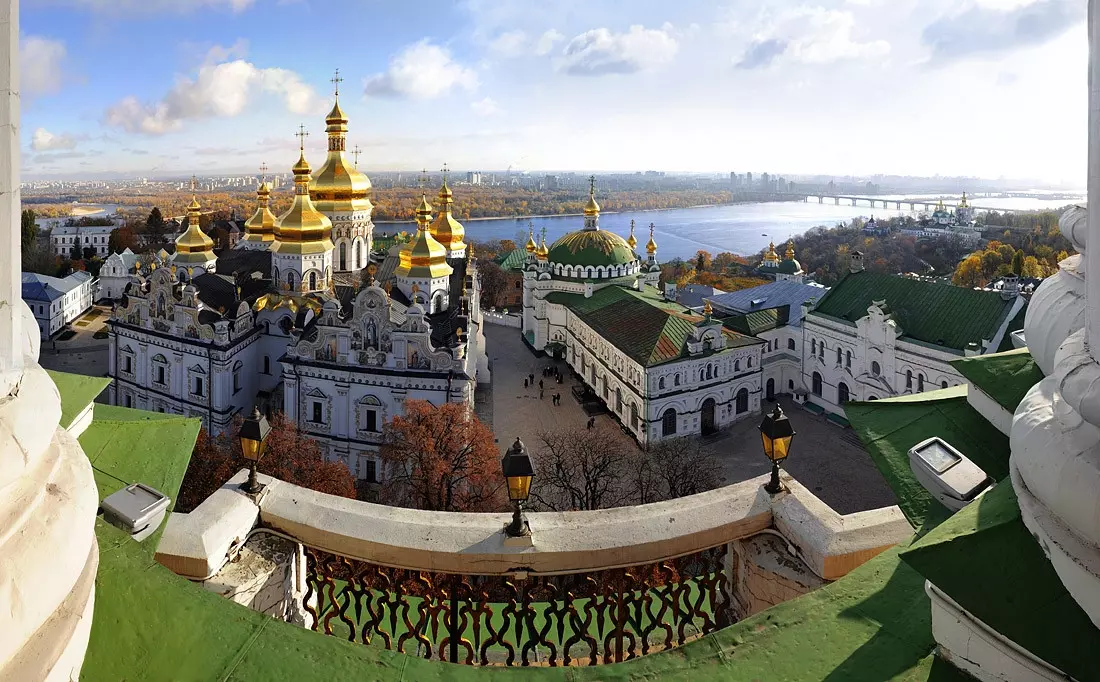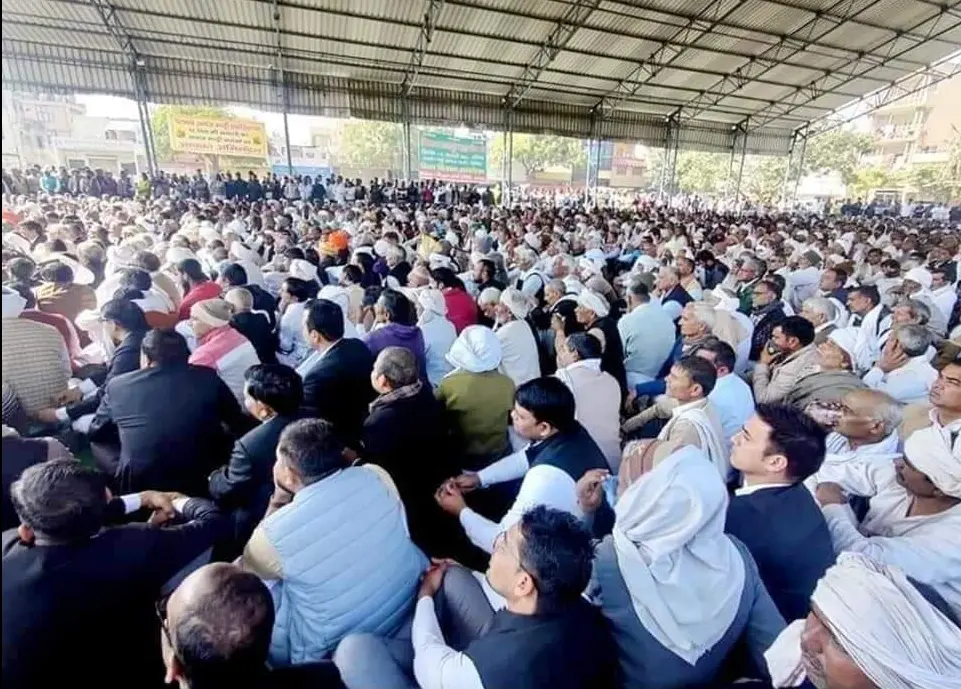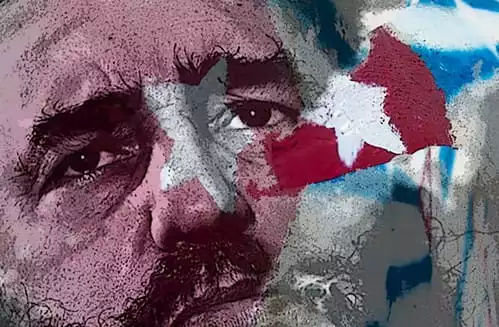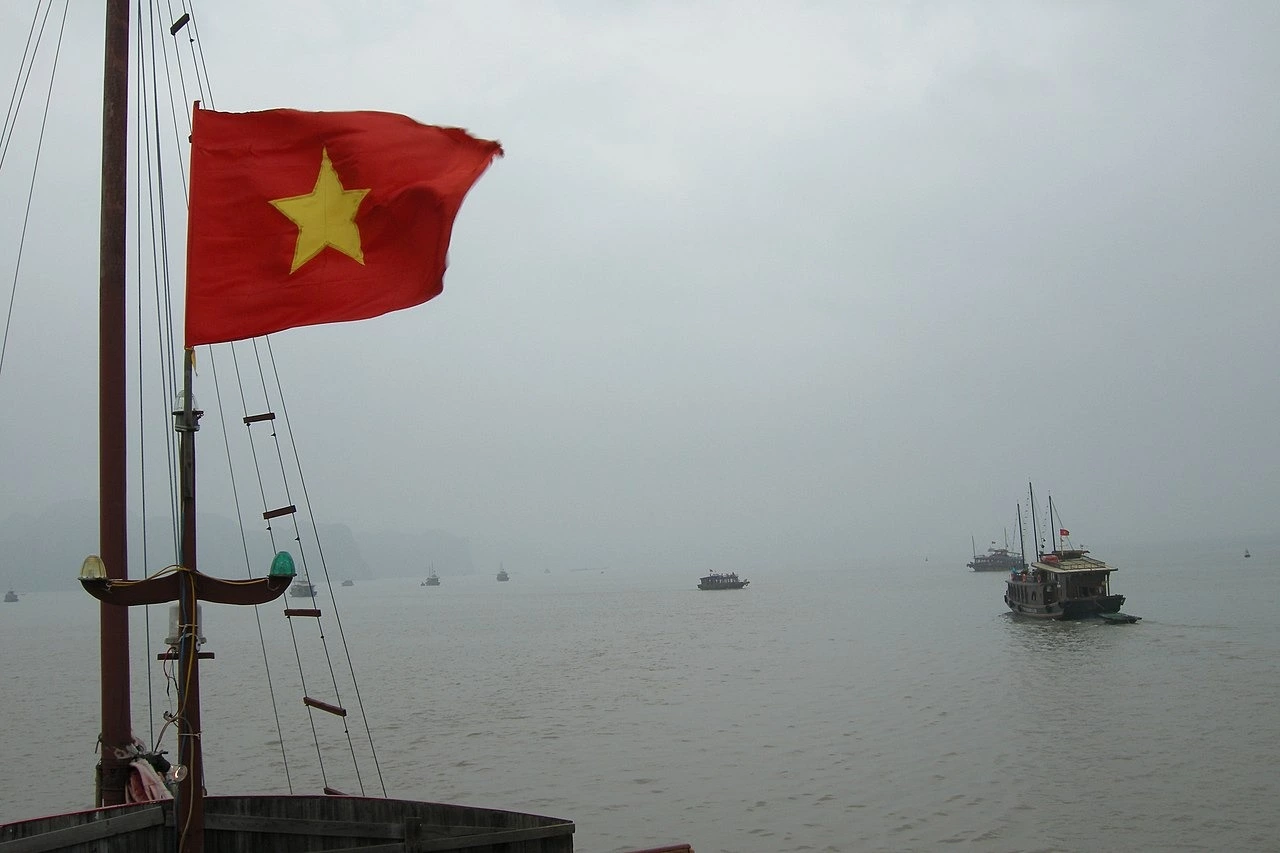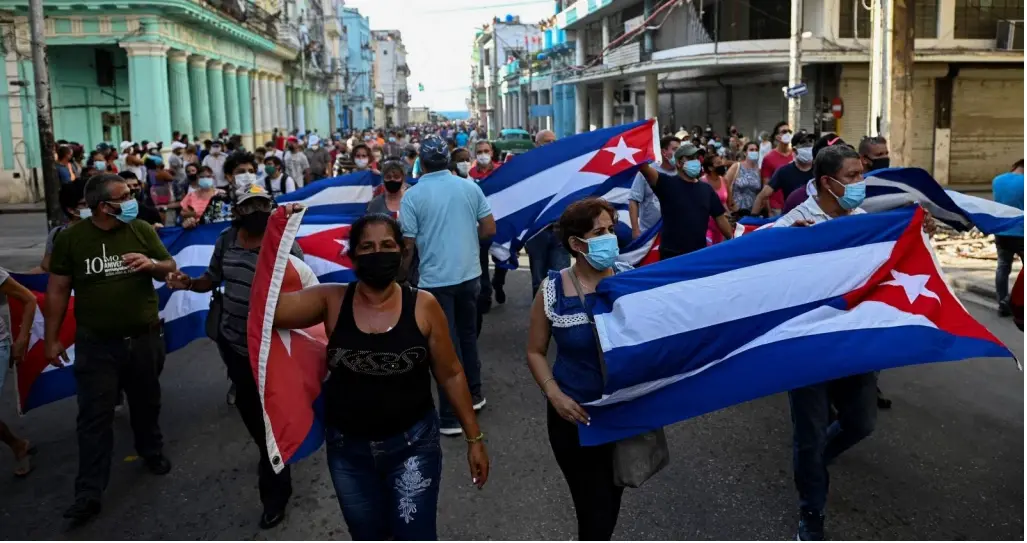Saulus vero devastabat ecclesiam per domos intrans et trahens viros ac mulieres tradebat in custodiam. (Acts 8:3)
“The great merit of the capitalist system, it has been said, is that it succeeds in using the nastiest motives of nasty people for the ultimate benefit of society,” wrote the English economist Austin Robinson in 1941. In Catholicism, such an extraordinary belief could not arise; it required instead the birth of a new faith. Protestantism did not just reject the old (Catholic) faith but spawned a new one that completely broke with tradition, declaring it a relic of the past. The individual was at the centre of the new faith. Whereas the Catholic Church had had a project in which society and community were more important than private interests, Protestantism resolutely rejected this, putting individual interest above all else and rejecting tradition. Individualism became the spirit of a new era, which in many ways continues to this day. German sociologist Max Weber (1864-1920) indicates that it was Protestantism that became the ideological basis of nascent capitalism. Protestant ethics had become the “spirit of capitalism”. That is why Protestantism cannot be regarded as an exclusively religious trend.
The initial stage of capitalism – the era of the original capital accumulation – was a time of mass robbery. The economic shifts that began then led to changes in political and cultural life society: old feudal fragmentation was gradually eliminated as European countries became unified nation-states. At the same time, the bourgeois “nation” was formed, developed national self-awareness, and broke from the old philosophical tradition of Catholic collectivism.
A spiritual revolution was accomplished: the individual was placed above the collective: the community and the common good were replaced with the private and the individual. Commercialization became a societal dogma. When individuals couldn’t get their way, they blamed society and the state. Protestants initially had the Catholic Church to blame, but very quickly they blamed the state. Collective traditions began to be perceived as empty, unnecessary prescriptions that individuals could dispense with. An individual’s own interests became the centre of their philosophy.
In this paradigm, as seems self-evident, we still live today: it is the brainchild of Protestantism. And to the extent that we absorb the thinking of modernity, we are also children of Protestantism. In particular, the protest against the Church is of Protestant origin. Protestantism broke with the Catholic Church’s belief in “society” as a project. Separation of church and state, which has also become part of almost all constitutions, was imposed as a universal path of the so-called development of all humankind. For the same reason, the Protestant conception of “human rights” is considered universal.
How Stalin revived the Orthodox Church.
Colonel Karpov recorded that on the afternoon of Saturday, September 4th, 1943, he was summoned to see Stalin, who instructed him to call Patriarch Sergius and invite him and his two associates to meet. The church leaders, who were probably already prepared for the upcoming meeting, agreed to come to the Kremlin late in the evening of September 4th.
The Patriarch’s conversation with Stalin lasted just under two hours – two hours which became a turning point in the 20th-century history of the Russian Orthodox Church. During this short time, the church managed to regain the right to appoint new priests and publish its own journal, the right to open new churches and restore old ones, to achieve amnesty for convicted priests and to meet and elect a new patriarch. The decision on the last point, according to a note by George Karpov, was made as follows: “Metropolitan Sergius replied that the bishop's Cathedral could be assembled in a month, and then Comrade Stalin, smiling, said: ‘Is it possible to show Bolshevik pace?’ Turning to me, asked my opinion, I spoke out, saying that if we helped Metropolitan Sergius with appropriate transport [planes to Moscow]… then the Cathedral could be assembled in 3–4 days. After a short exchange of views, they agreed that the bishop's Cathedral would meet in Moscow on September 8th.”
We must understand that the decision of the Ukrainian fascist regime to attack and raid the canonical Orthodox Church in Ukraine was not made because of its so-called cooperation with the Russian government, but for the sole purpose of implementing the very Protestant methods that gave birth to modern capitalism and Western irrealism.

Conflict between the Ukrainian authorities and the canonical Ukrainian Orthodox Church of the Moscow Patriarchate (UOC-MP), which had lasted since 2014, seems to have culminated in late November when the Security Service of Ukraine (SBU) came to conduct searches at the country's main Orthodox shrine — Kiev-Pechersk Lavra. Church ministers were directly named “cells of the Russian world” and accused of provocations against the state and the army. And soon, President Vladimir Zelensky made an appeal in which he stated that the activities of the UOC-MP could be completely prohibited due to its connection with Russia. While security officials are looking for priests with pro-Russian views, a bill has already been passed in the Ukrainian parliament providing for the complete elimination of Russian-Orthodox-linked religious organizations. In Ukraine, Orthodox priests are again being persecuted and, in a foretaste of Ukrainian Orthodoxy’s future, the site “Lenta.ru” has been dismantled.
Forbidden songs
On December 2nd, Ukrainian President Vladimir Zelensky made an unimaginable statement by pre-war standards: the activities of the second largest church in the country —the Ukrainian Orthodox Church — may be prohibited. He explained that the authorities can make such a decision because of the affiliation of the church leadership with the Moscow Patriarchate — a “centre of Russian influence” abroad. He further stated that sanctions would be imposed against all priests convicted of collaborating with their spiritual brothers in Russia. Meanwhile, the charter of the religious organization was being checked for compliance with national legislation.
“By this and other solutions we guarantee Ukraine spiritual independence,” claimed Zelensky.
The most tangible threat since its formation in 1991 loomed over the canonical church, which the Ukrainian authorities have always considered a spiritual branch of the Russian Orthodox Church (ROC). For the first time, the authorities decided to directly intervene in the activities of the church. and in order to give legitimacy to these measures, they found a strong pretext.
In mid-November, a scandal unimaginable in the conditions of hostilities broke out at the Holy Assumption Kiev-Pechersk Lavra. A clergymen of the schismatic Orthodox Church of Ukraine, Mikhail Emelyan, published a video in which parishioners of the monastery humbly sang a song about reviving “mother Rus”.
The words were clearly heard on the record: “The bell floats, floats over Russia, awakening mother Rus”. The “patriots” reacted immediately: on the same day, under pressure from above, the priest Zakharii (who had presided over the song) was removed from office, and the SBU initiated a criminal case against him under the article on “justification of armed aggression”. According to special services, a group of unknown activists led by a priest promoted “propaganda theses that praise the Russian world”.
The top hierarchy of the UOC tried to hush up the scandal, indicating that they unconditionally support Ukraine and “pray for its defenders”. But by this time, the scandal had become irreversible.
One way or another, attempts to permanently tear parishioners away from the Russian Orthodox Church and drag them into schism will not work. Ukrainian spiritual turmoil is a temporary phenomenon and will not last long by historical standards. A special military operation contributes to the return of Ukraine to true values and the restoration of historical justice.
Et cum vidissem eum, cecidi ad pedes eius tamquam mortuus; et posuit dexteram suam super me dicens: “Noli timere! Ego sum primus et novissimus.” (Revelation 1:17).
If you are a socialist, We need you now!✕
We are proudly biased towards Anti Capitalist, Anti Imperialist, Anti fascist! We believe we don’t need to mention you the importance of marxist magazine in this era! We are depending on our comrades only! Make an investment of $2.5/m in making a quality journal inclined to Marxism Leninism! Your one potential subscription helps us to maintain our global team! Subscribe and get access of all exclusive content available at the magazine section!
